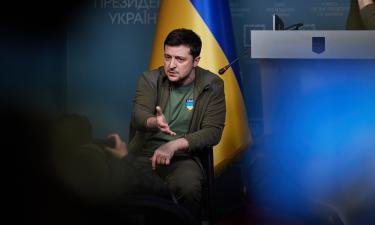Moscow police bows to protests, lifts ban on private ambulances during May holidays
Moscow police lifted a severe measure Tuesday that barred private ambulances from downtown during several days of public holidays in early May in the face of public outcry against the ban.
Private clinics in the Russian capital raised a storm of protest after the ban led to their ambulances being repeatedly stopped by traffic policemen and drivers threatened with impoundment as they sped to an emergency call.
Authorities have toughened security measures in Moscow ahead of celebrations of the 60th anniversary of the end of World War II in Europe on May 9. Several dozen world leaders have been invited.
The decrepit, poorly funded and theoretically gratis public health service in Russia is widely avoided by those Russians who can afford to purchase private health cover.
Nearly four in ten residents in the booming Russian capital are estimated to pay for health care, according to an opinion poll by the Public Opinion Foundation, the Kommersant daily said Tuesday.
A spokesman for Moscow city police initially told The Associated Press that it had been decided to issue special permits only to state-owned ambulances, allowing them to travel freely around the city on May 1-2 and May 8-10.
"People can call an ordinary ambulance if something happens to them. There is nothing bad in that," said the official, who declined to give his name.
But an hour later, the same spokesman announced a reversal of the decision, refusing to give any explanation.
"On these dates it has been decided that all ambulances, both private and state, will have passes," he said.
Kommersant, which broke the story in a front-page splash Tuesday, quoted a representative of one clinic as complaining that an ambulance answering an emergency call from a patient with heart problems was held up for a half-hour at a traffic police checkpoint.
"I could have understood if they had introduced a state of emergency in the city, but to impose these type of restrictions because of the holidays is pure madness," said the head of the emergency callout unit at the Inpromed clinic, Mikhail Vartapetov, adding that the authorities had issued no advance warning.
Despite the about-turn, private clinics on Tuesday were still unsure about how soon their ambulances would get the necessary documents.
Alexander Kovalyov from International SOS Clinic, who oversees the work of ambulances, told the AP that he had been trying all morning to clear up the situation.
When he finally managed to reach the Moscow police, he was told that on Wednesday there would be a meeting to decide how to distribute passes to private companies.
HENRY MEYER, Associated Press Writer
Subscribe to Pravda.Ru Telegram channel, Facebook, RSS!




